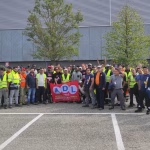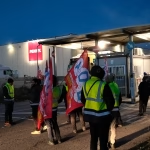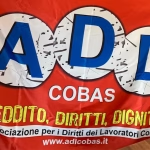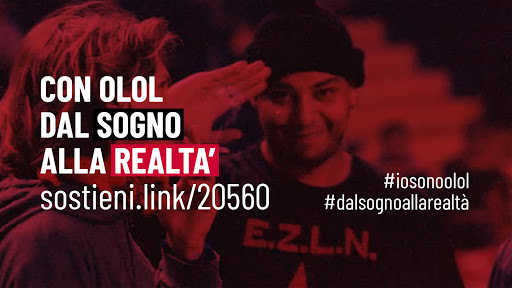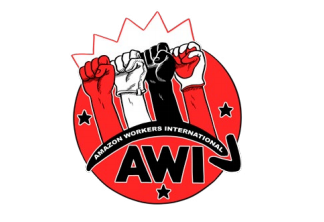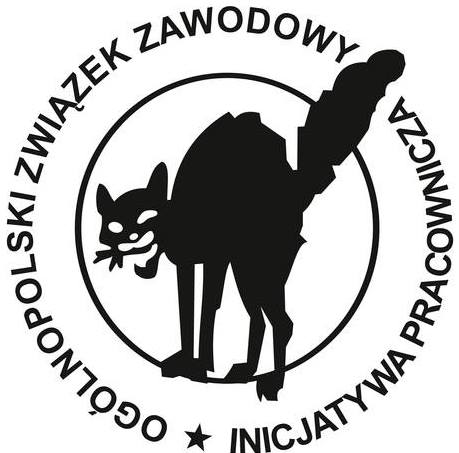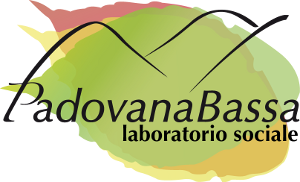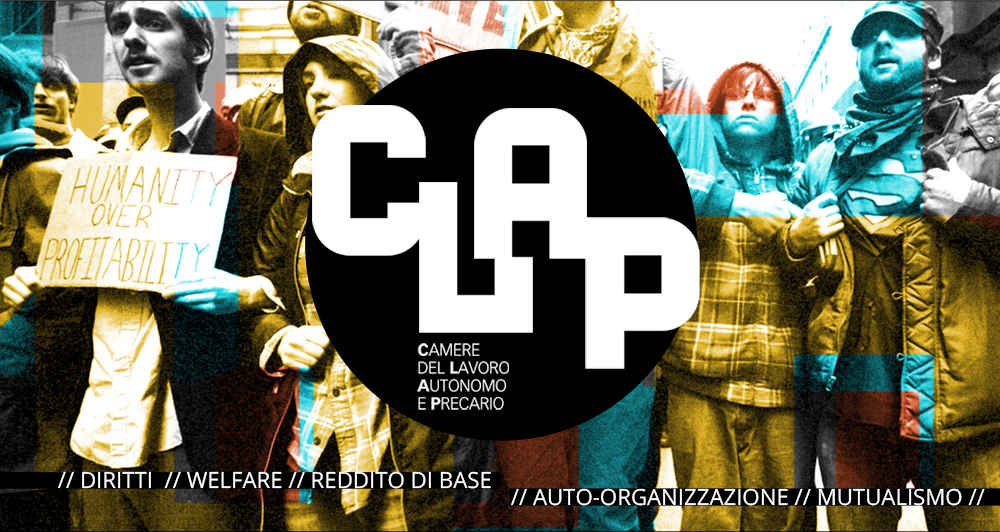Ci sono voluti oltre tre anni per superare l’esperienza di Casa dei Diritti Don Gallo, le palazzine di via Tommaseo 90, che per lungo tempo sono state l’unico luogo di accoglienza possibile per una sessantina di richiedenti asilo e rifugiati a Padova, ma anche tappa e ricovero, per periodi più o meno lunghi, per centinaia di migranti lì transitanti.
Entrare in quelle stanze, nel dicembre 2013, non fu un capriccio ma un passaggio obbligato. Dopo due anni di ospitalità presso i centri attivati in Città durante la cosiddetta Emergenza Nordafrica si erano infatti ritrovati senza un luogo in cui stare e, soprattutto, senza aver mai potuto beneficiare di quei percorsi di inclusione che sono l’essenza stessa dell’accoglienza.
Pochi corsi di lingua e inadeguati, nessuna formazione professionale, nessun servizio di tutela psicologica, nessuna occasione di tirocinio o esperienza lavorativa. Solo vitto, alloggio e una condizione di attesa insopportabile.
Si trattava di rispondere quindi ad un bisogno, di conquistarsi una possibilità ingiustamente negata da chi sulla loro pelle aveva guadagnato senza offrire ciò che avrebbe dovuto.
A distanza di tre anni il fallimento di quel sistema “emergenziale” è ormai riconosciuto da tutti. Ed oggi, il tema dei percorsi di inclusione e integrazione, offerti dai circuiti di accoglienza, è al centro del dibattito nel nostro territorio e altrove.
Per lungo tempo, invece, la realtà di Casa Don Gallo è stata dimenticata, talvolta avversata, certo dal Comune con il rifiuto di interventi necessari, anche minimi, e dall’ostentato disprezzo dell’ex sindaco Bitonci. Non sono mancati certo la solidarietà dal basso di molti cittadini e Associazioni che, come noi, hanno cercato di supportare l’esistenza degli abitanti. Casa Don Gallo è stata in questo periodo anche un laboratorio di sperimentazione attraverso la ciclofficina auto-gestita, la falegnameria Refugees Wood Project, il cortile coi differenti luoghi di culto religioso e lo spazio/cucina africano, il progetto Rifugiati nei Libri e molte altre iniziative.
Ciò che è mancato, invece, è stata l’attenzione da parte delle istituzioni. Per questo i momenti trascorsi sono stati anche difficili: con la negazione dell’iscrizione anagrafica e l’accesso a diversi diritti, l’impossibilità di usufruire dell’energia elettrica o di attivare il riscaldamento.
Oggi però, dopo un lungo percorso che ha visto coinvolti diversi attori istituzionali, la Caritas, la Confcooperative ed il Fondo straordinario di solidarietà di Fondazione Cariparo, la possibilità di superare quell’esperienza è diventato un fatto concreto.
Grazie alla collaborazione di molti, le persone abitanti dall’inizio e protagoniste dell’esperienza sono state inserite in percorsi di formazione lavorativa, con tirocini e borse lavoro a Padova e in Provincia.
Con altri, è stato possibile lavorare affinché si realizzasse il loro progetto di vita che li portava lontano da qui.
Così le porte di Casa Don Gallo si chiudono nella speranza che questa Città abbia imparato la lezione, che i percorsi di accoglienza, attivati oggi, sappiano offrire strumenti e opportunità per non cadere nell’ombra della marginalità sociale ed economica.
Purtroppo, ciò che vediamo intorno a noi non fa ben sperare. I grandi centri delle nostre province, l’accoglienza straordinaria senza servizi certi e controllati, la resistenza di molti Comuni ad attivare percorsi di accoglienza integrata nello SPRAR prospettano un futuro fatto ancora di esclusione per molti, troppi migranti forzati.
Ma questa è già la nostra prossima battaglia, con Annor nel cuore, ragazzo della Casa che ci ha lasciati l’inverno di due anni fa, perché il suo sogno di vita degna viva in sogni realizzati dei suoi fratelli.


Associazione Razzismo Stop
English version
Beyond Casa dei Diritti Don Gallo
It has taken over three years to overcome Casa dei Diritti Don Gallo, in via Tommaseo 90. For a long time the two buildings there have been the only available reception space for around 60 asylum-seekers and refugees in Padova, serving also as a temporary stop off point and shelter for hundreds of migrants in transit.
Entering those rooms in December 2013 was not a whim, but a need. After two years of hospitality in reception centres which had been set up in the city during the so-called Emergenza Nordafrica, these people suddenly found themselves with no place to stay. What is more, they hadn’t benefited from those pathways of inclusion which are supposed to be at the core of reception.
Language courses were few and far between, there was no professional training, no psychological support, no apprenticeship or work experience. Just a roof over their heads and that endless waiting.
It was therefore a question of responding to a need, to claim a possibility/opportunity which they had unjustly been denied by those who had unscrupolously used them to make profits without providing what they were supposed to.
Three years on, the failure of this “emergency” system has been acknowledged by everyone. And today, the pathways of inclusions and integration provided by reception centres are at the centre of debate, and not only in our territory.
For a long time, however, Casa Don Gallo was forgotten, sometimes opposed by the city council which refused to take even the slightest action, and by the display of contempt by the ex-mayor Bitonci.
What has not been lacking is the grassroots solidarity from citizens and associations who, like us, have tried to support the inhabitants. Casa Don Gallo also became an experimental self-organized bike workshop, a carpentry workshop with the Refugees Wood Project, the Refuge in Books (Rifugiati nei Libri) project, a courtyard with different places of worship and an African kitchen/diner, and many other initiatives.
What has been lacking, however, is attention from the institutions. This is why the time spent here has also been difficult: not being able to register with the municipality and thus being denied access to certain rights, the lack of access to electricity and heating.
Today, finally, with the involvement of various institutional actors, Caritas, Confcooperative and the Fondazione Cariparo’s extraordinary solidarity fund, the chance to get over this /overcome this experience has finally come.
Thanks to the collaboration of many, the initial inhabitants of Casa Don Gallo have been inserted in training pathways with apprenticehips and work grants in Padova and the Province. With others, it has been possible to work towards the realization of their life plan which has taken them far from here.
The doors of Casa Don Gallo thus close, in the hope that this City has learnt the lesson that the reception projects, which are currently active, can provide the tools and opportunities so people don’t fall into the shadows of social and economic marginalization.
Unfortunately what we see around us is not promising. The large hubs in our province, reception without certain services and no check on the quality, the resistance of many municipalities to the setting up of integrated reception through the SPRAR forbodes a future of exclusion for many, too many forced migrants.
But this is already out next battle, which we will fight with Annor in our hearts and minds, that young man from the Casa Don Gallo who left us two winters ago, so that his dream of a dignified life comes true through the lives of his brothers.
Associazione Razzismo Stop




